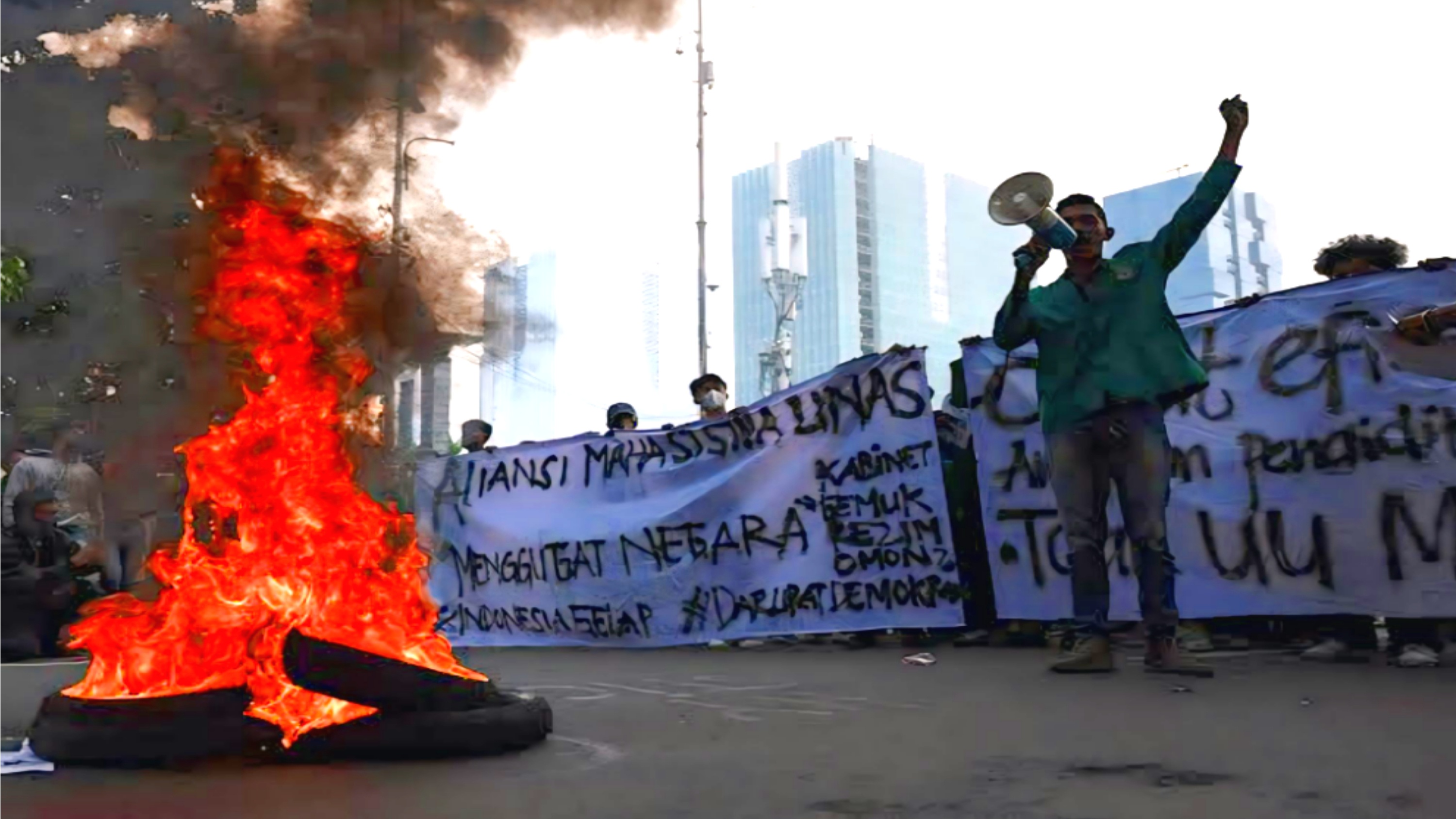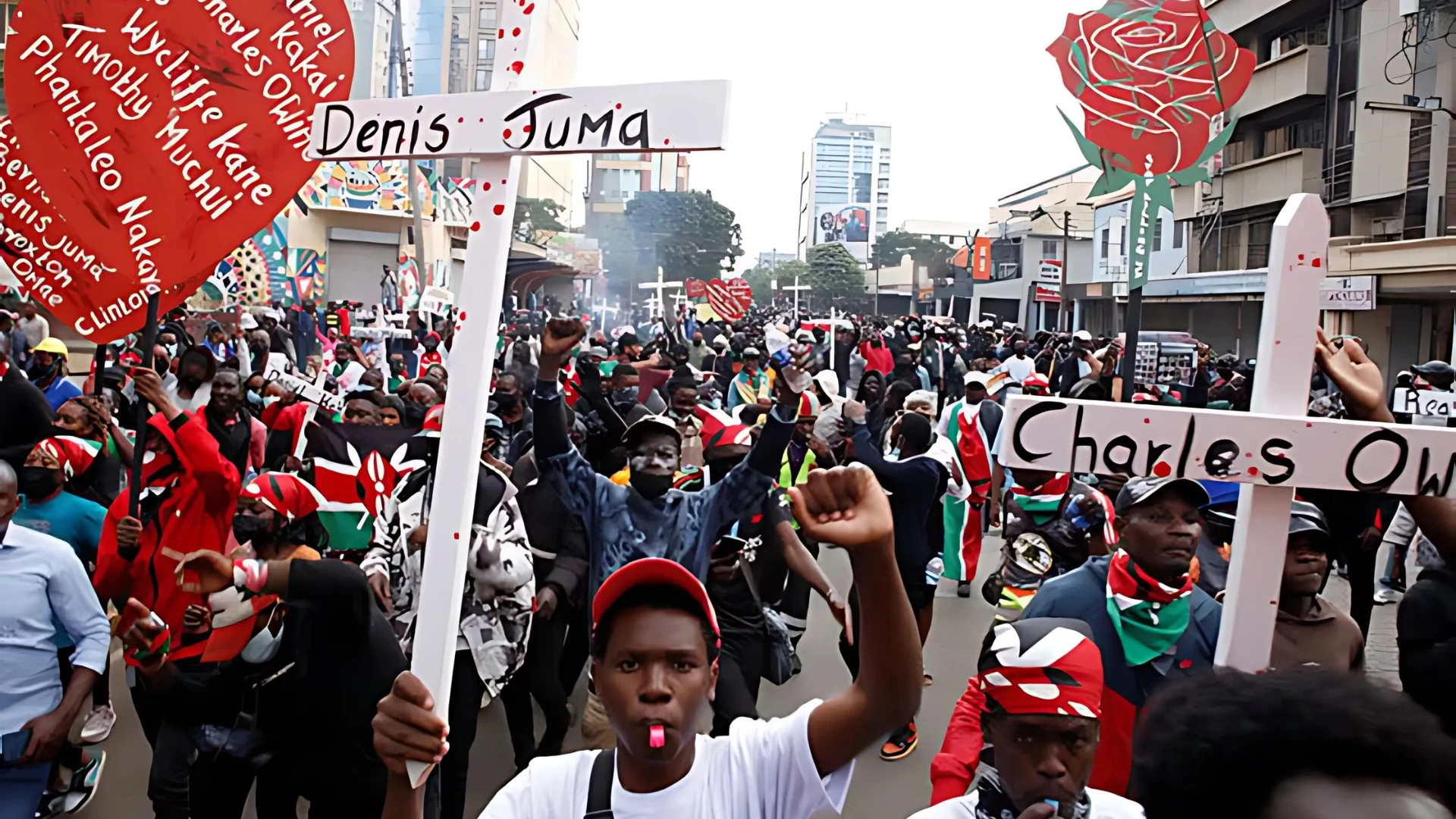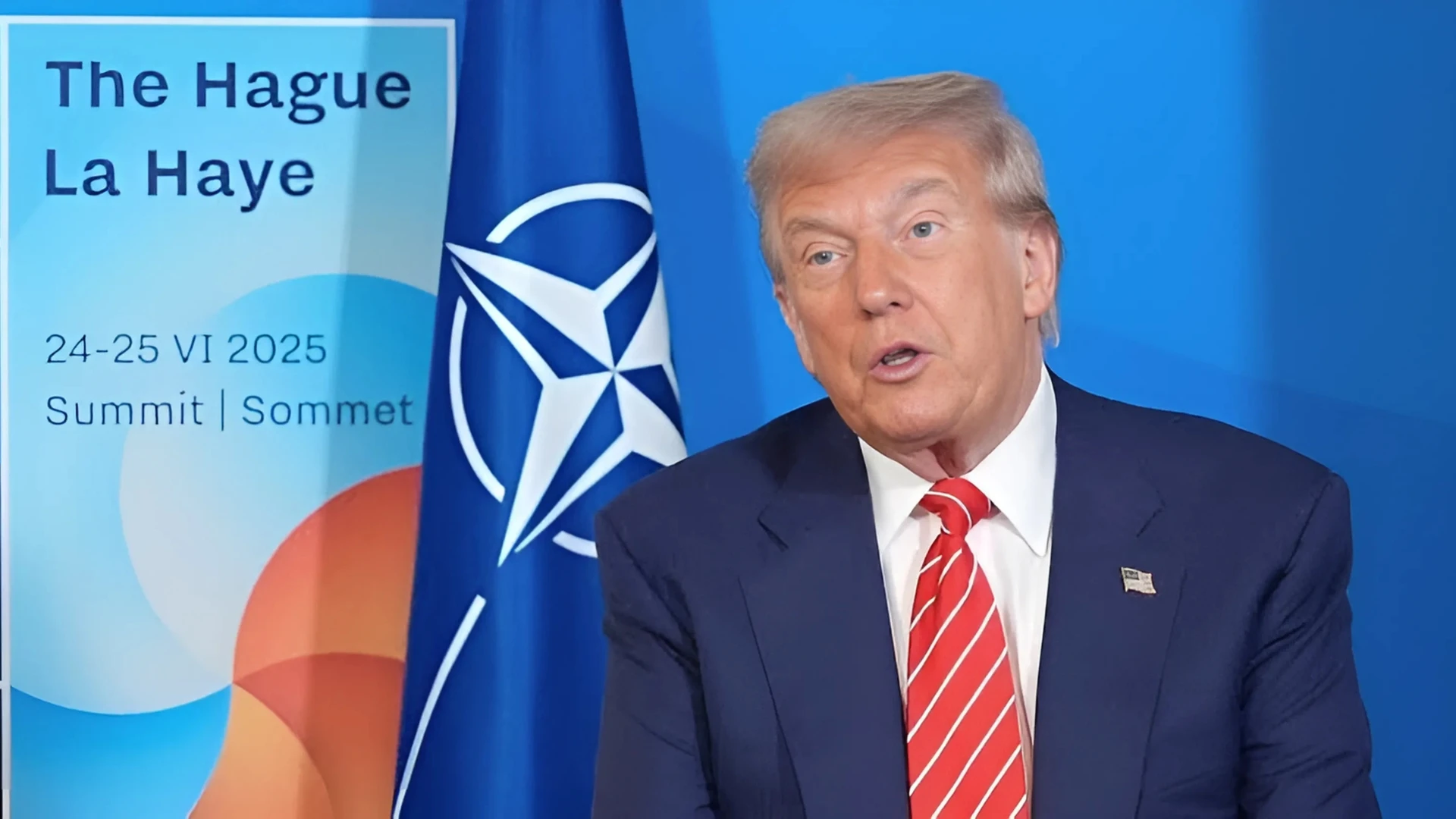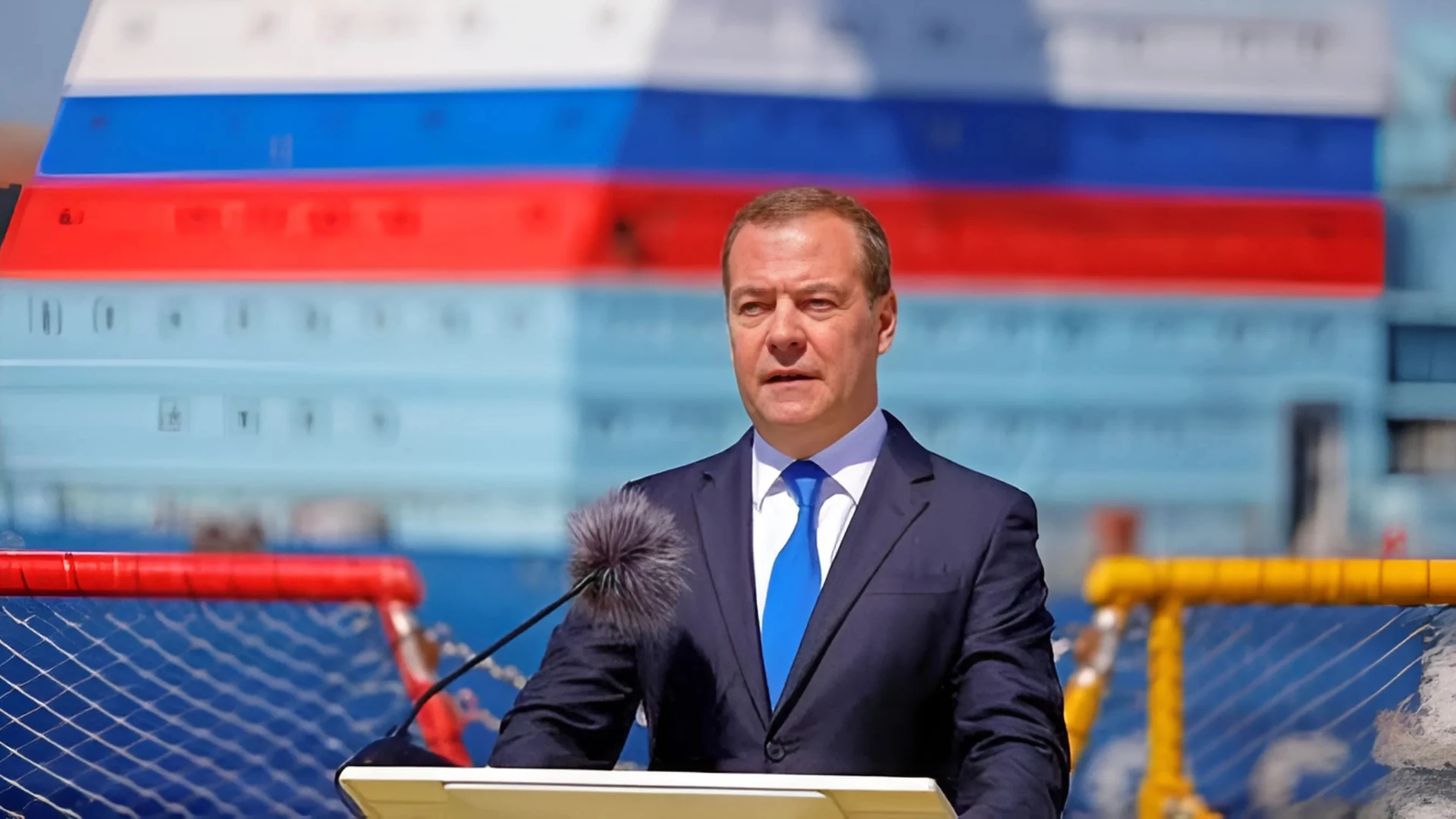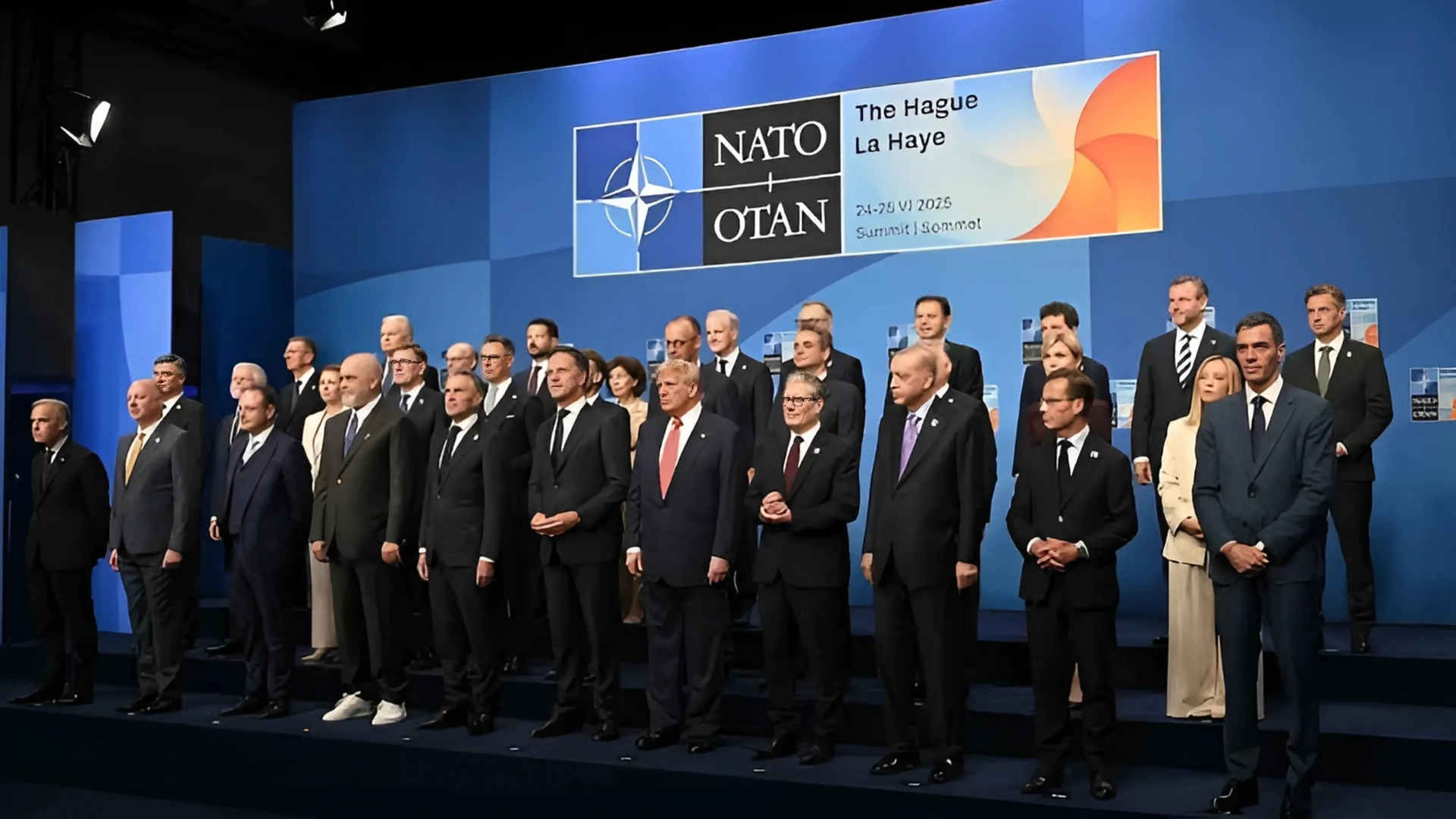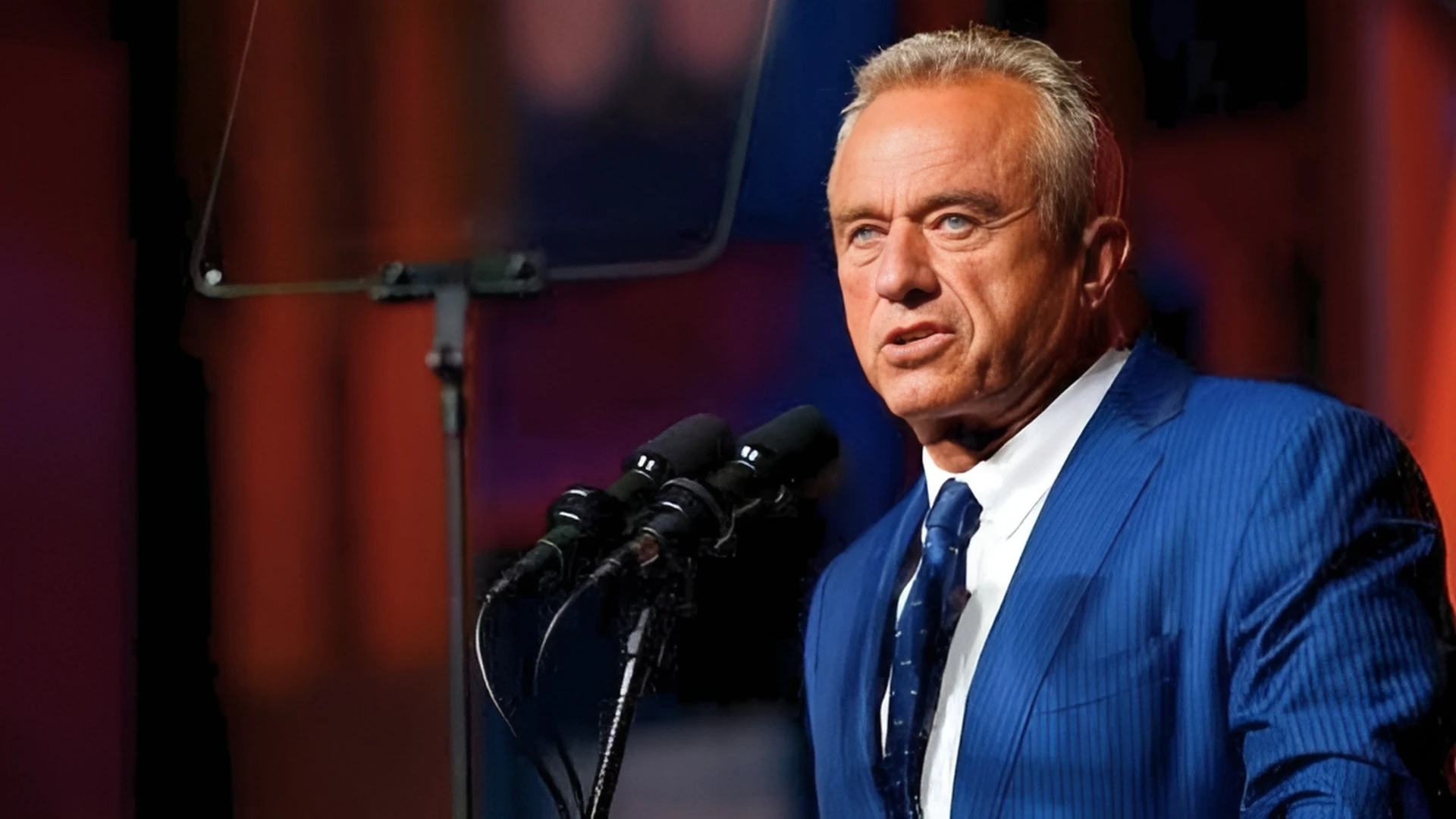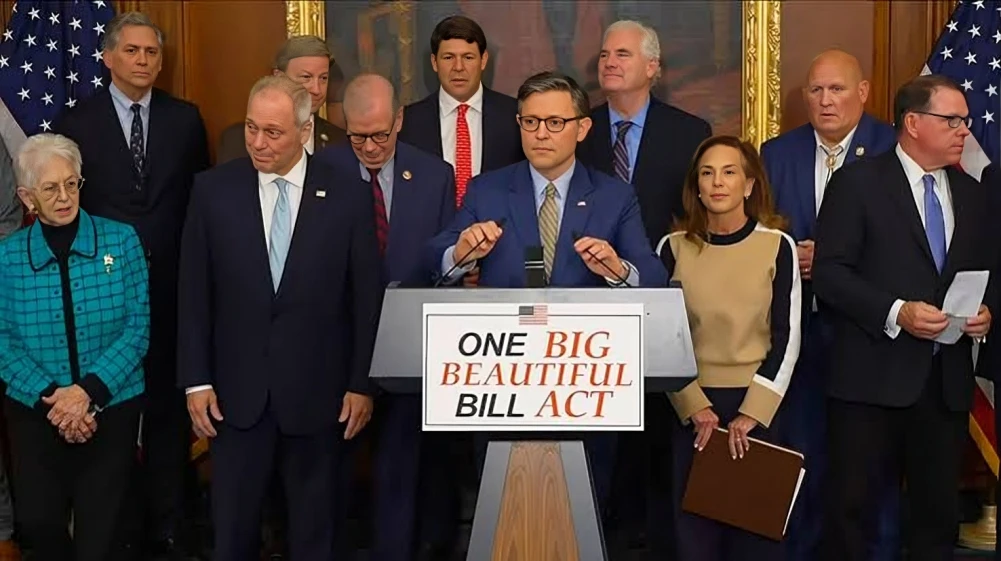Jakarta: Thousands of students took to the streets in various cities across Indonesia on Thursday to protest against budget reductions and policy decisions by President Prabowo Subianto. Demonstrators fear these measures could weaken social support systems and jeopardize their futures.
Dressed in black, around a thousand students in Yogyakarta marched through a busy street, holding placards and chanting demands for change. The protests come four months after Prabowo assumed office following a decisive election victory. Similar demonstrations were held in Jakarta, Medan, and other cities.
The movement, known as ‘Dark Indonesia,’ has gained momentum on social media as a symbol of dissatisfaction with budget cuts. Another trending topic, ‘Just Escape First,’ sees young Indonesians discussing ways to move abroad for better opportunities.
Herianto, a student leader in Jakarta, expressed concerns about cuts in education funding, which he claimed were made to allocate approximately $19 billion for government initiatives, including a free school lunch program.
"Indonesia is in darkness because many policies are unclear to the public," said Herianto. "These cuts could affect education, and students are outraged."
Responding to the demonstrations, State Secretariat Minister Prasetyo Hadi assured that the government had received the students’ concerns and would review them. Meanwhile, Prabowo’s office stated that changes in funding would not impact education or teachers' welfare. However, widespread spending reductions have raised fears of disruptions to public services.
In addition to budget cuts, students also protested the military’s increasing involvement in civilian affairs and the lack of subsidized cooking gas.
Despite the unrest, Prabowo remains widely popular, with independent surveys, including one by Indikator Politik Indonesia last month, placing his approval rating near 80%. However, Indikator’s executive director, Burhanuddin Muhtadi, warned that public sentiment could shift if the government fails to address growing concerns, especially as Indonesia’s middle class faces economic pressures.
Thursday’s demonstrations were the largest since last August when mass protests led lawmakers to delay proposed changes to election laws. Those rallies saw thousands of people take to the streets, confronting security forces using tear gas and water cannons.


